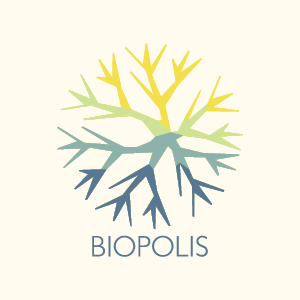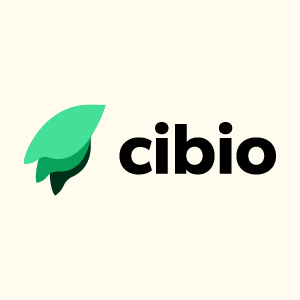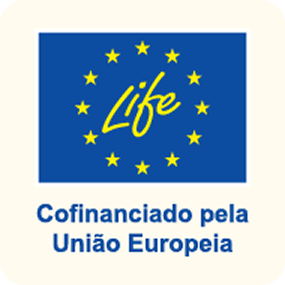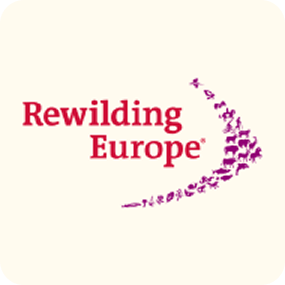

Associação BIOPOLIS is a private, non-profit institution that benefits from administrative and financial autonomy. It was created in the scope of the Project Teaming BIOPOLIS - Teaming to Upgrade to Excellence in Environmental Biology Ecosystem Research and Agrobiodiversity, funded by the European Commission in the scope of the Horizon 2020 Widening programme. Its objective is to establish CIBIO - Research Centre in Biodiversity and Genetic Resources, InBIO Associate Laboratory, as a competitive and internationally recognized network of excellence in biodiversity and conservation, integrating all levels from genes to ecosystems. CIBIO/InBIO applies knowledge to address societal challenges related to land-use changes, environmental degradation, sustainable use of biodiversity, and the sustainable management of ecosystems and their services. CIBIO/InBIO has ~200 integrated researchers with PhD, from ~20 countries. It has modern and well-equipped ecology and molecular biology laboratories and field equipment, including the Centre for Studies and Projects in Applied Ecology and genetic and genomic labs performing a huge variety of conventional and next-generation analyses with state-of-the-art sample preparation equipment.
CIBIO/InBIO has a long experience in population monitoring and studies on applied ecology and conservation of large carnivores (e.g., Iberian wolf and lynx) and game species (e.g., rabbit and red-legged partridge), aimed to evaluate demographic and genetic traits, population dynamics, health status and predator-prey relationships by using a multi-methodological approach. This applied research has enabled to produce effective prescriptions regarding the sustainable development of anthropogenic activities, mainly related to hunting management, infrastructure development and livestock industry, as well as to promote knowledge-transfer among public institutions, private companies and other decision-makers or stakeholders related to wildlife conservation, aiming to define best-practice guidelines and zoning of human activities as a mean to mitigate impacts and conflicts.
The project receives co-funding from the following programmes and institutions:

The LIFE programme isthe European Union's funding instrument for the environment and climate action,created in 1992. Every year, the European Commission, which manages the LIFEprogramme, launches a call for proposals and, on the basis of criteria thattake into account the multi-annual strategic programme and national priorities,determines which of the proposed projects can benefit from financial supportfrom the LIFE programme and regularly publishes a list of these projects.

Rewilding Europe is a non-profit foundation based in the Netherlands since 2011. As an independent organisation, Rewilding Europe has established itself as a pan-European initiative, operating at the forefront of rewilding efforts on a European scale. Together with numerous partners at European, national and local level, Rewilding Europe is active in ten major rewilding landscapes across Europe.